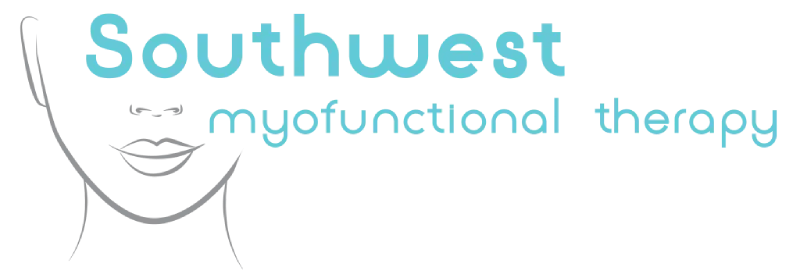Upper Airway Resistance Syndrome (UARS) is a condition that was first recorded at Stanford University. Similar to obstructive sleep apnea, the soft tissue of the throat relaxes, reducing the size of the airway which momentarily cuts off breathing. The body senses that it’s not getting the required oxygen and will react by “arousing” the body. These disturbances are known as Respiratory Effort Related Arousals (RERA). An RERA is defined as “an obstructive event that doesn’t meet the objective criteria for obstructive sleep apnea but still causes an arousal from sleep”.
How Do You Know if You Have UARS?
Most people are not aware they have the condition. The arousals are short and shallow. Those effected don’t normally recall waking up several times a night.
The only way to get a true diagnosis is to work with someone who specializes in sleep disorders. Obstructive sleep apnea is diagnosed using a polysomnography or sleep study. The study records the number of pauses in breathing that occur during sleep. These pauses are called apneas, and they’re measured using the Apnea-Hypopnea Index.
The problem for people who have UARS is that their breathing doesn’t stop long enough for their arousals to be recorded on the Apnea-Hypopnea Index. It takes a more complex study that is designed to show repeated arousals, despite the lack of evidence of obstructive sleep apnea or decreased oxygen levels.
For the above reasons, people who have this condition are often misdiagnosed with other health issues such as Lyme disease, chronic fatigue, depression and fibromyalgia.
What Are the Symptoms of UARS?
Sleep is a time for the body to repair and regenerate. When sleep is constantly interrupted, the body can’t enter into its “repair stage”. Instead, the body remains in a state of stress.
This constant disruption of sleep can lead to a number of conditions.
- Daytime sleepiness and a sense of overall fatigue
- Headaches
- Digestive problems
- Chronic nasal congestion
- Teeth grinding
- Difficulty concentrating or paying attention
Who is Affected by Upper Airway Resistance Syndrome?
USRS affects a wide range of people from children to men and women who are physically fit and not overweight.
Is There a Treatment for Upper Airway Resistance Syndrome?
Yes, but it will vary from patient to patient, depending on the cause and the severity.
A dentist or therapist who specializes in sleep apnea and other sleep related conditions might prescribe a mandibular advancement device (MAD), which is a dental appliance designed to open the airway at night.
Myofunctional therapy can also be very beneficial approach in the treatment of Upper Airway Resistance Syndrome. A myofunctional therapist who works specifically with patients who have sleep disordered breathing can help to deal with any underlying issues such as allergies, nasal congestion, and inflammation.
Another great benefit of myofunctional therapy are the exercises. Oral myofunctional have been proven by research to help reduce the symptoms of sleep disordered breathing. The exercises are non-invasive and are designed to strengthen and retrain dysfunctional facial and oral muscles.
The key to dealing with UARS, as it is with any type of sleep disordered breathing is a good diagnosis and a holistic treatment plan that is focused on addressing and treating the underlying issues.
Ready to learn more about UARS? Get in touch with Southwest Myofunctional Therapy on the Contact Us page. Online consultations available or call us at 505) 218-6565.
More Blog Posts
Office Hours
MON - THU8:30 am - 5:00 pm
FRI - SUNBy appointments only






